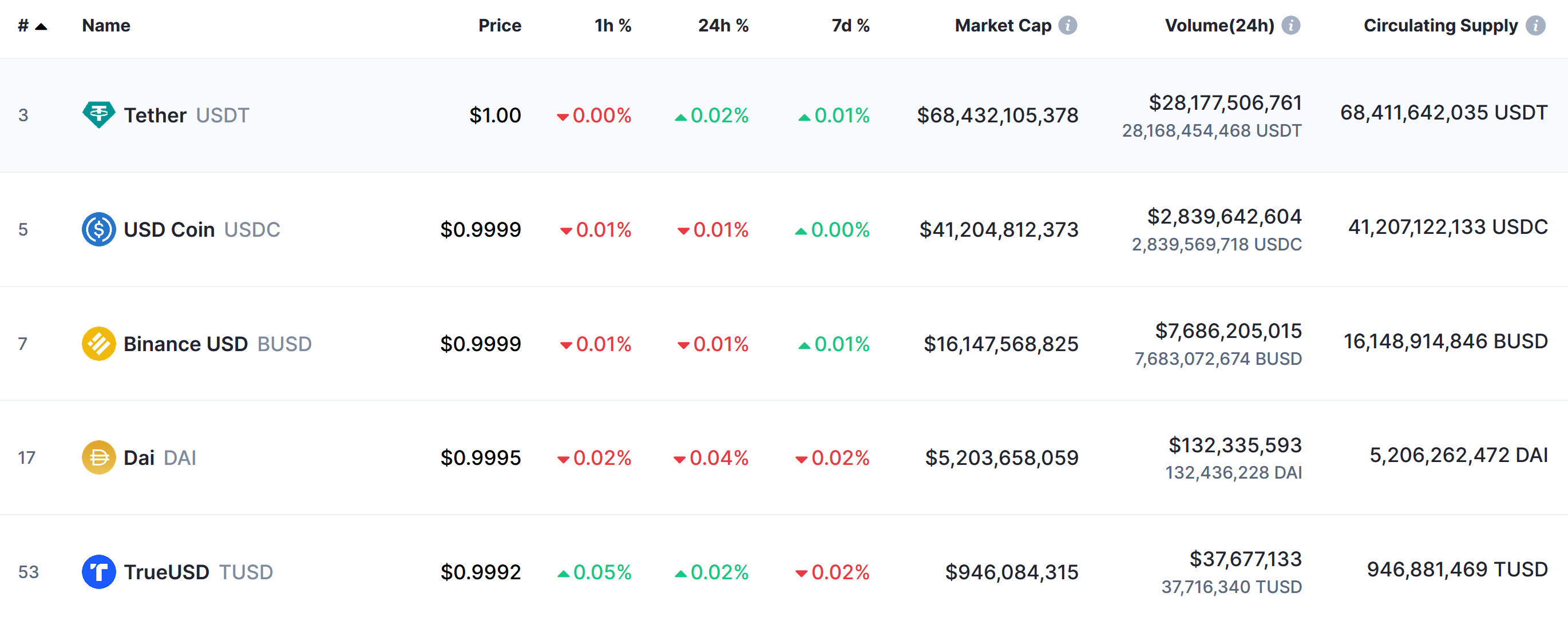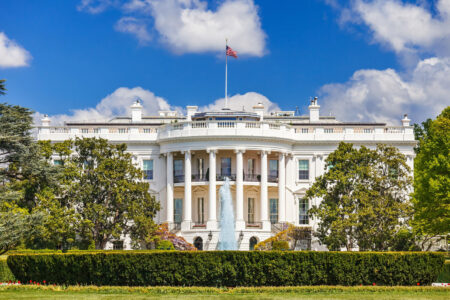New York regulators have instructed the crypto company Paxos to halt the issuance of its dollar-backed stablecoin, Binance USD (BUSD). This decision follows an investigation by the Securities and Exchange Commission (SEC) and is part of a wider regulatory crackdown in the United States.
SEC staff have sent Paxos, the stablecoin issuer, a "Wells Notice" letter, which informs companies and individuals of potential enforcement actions. According to The Wall Street Journal, the notice claims that the listed digital asset Binance USD (BUSD) issued by Paxos is an unregistered security. In addition to the SEC, another regulatory agency has now intervened. The New York Department of Financial Services (NYDFS) has demanded that Paxos Trust Co. cease issuing additional BUSD tokens, marking the end for the third-largest stablecoin by market capitalization.
Update: The NYDFS decision is primarily based on Paxos' business relationship with crypto exchange Binance, according to a blog post by the regulator. No violations regarding the stablecoin's reserves were found.
BUSD: a stablecoin regulated under US law
Mostly pegged to the US dollar, stablecoins have established themselves as key pillars in the emerging crypto ecosystem. They serve as the base currency on centralized exchanges and as a dollar alternative on their decentralized counterparts (DEXes). Stablecoins bridge the gap between the benefits of cryptocurrencies and the more stable fiat currencies, including faster and cheaper transactions.

Right after Tether (USDT) and USD Coin (USDC), Binance USD (BUSD) ranks third among all stablecoins by market capitalization. The digital asset was launched in 2019 as part of a partnership between Paxos and Binance, with Paxos serving as the issuer of the stablecoin with a branding license from the largest cryptocurrency exchange, which has been using BUSD as its primary currency pair for a while. The regulator responsible ahs been the New York Department of Financial Services (NYDFS). The agency regularly reviewed various requirements such as capital reserves, consumer protection, and anti-money laundering measures at Paxos. Binance USD (BUSD) was therefore considered one of the best-regulated stablecoins in the market.
US regulators are cracking down
Since the collapse of the cryptocurrency exchange FTX, the industry has been faced with tougher measures by US regulatory agencies. In particular, the Securities and Exchange Commission (SEC) has stepped up its efforts. Operating under the motto "regulation through enforcement," the agency is taking direct action against companies it considers within its jurisdiction. The SEC appears to have identified staking services and stablecoins such as BUSD as the first areas of focus.
The current coup by the SEC is attracting a lot of criticism for its chairman, Gary Gensler, not only from industry representatives but also from within the SEC itself. SEC Commissioner Hester Peirce expressed her clear dissatisfaction with the agency's current approach in a blog post. As mentioned in an interview with CVJ.CH two years ago, Peirce sees a significant deficit in comprehensive regulations. The lawsuit against the cryptocurrency exchange Kraken underscores this tendency.
"Most concerning, though, is that our solution to a registration violation is to shut down entirely a program that has served people well. [...] A paternalistic and lazy regulator settles on a solution like the one in this settlement: do not initiate a public process to develop a workable registration process that provides valuable information to investors, just shut it down." - Hester Peirce, one of the five SEC commissioners








